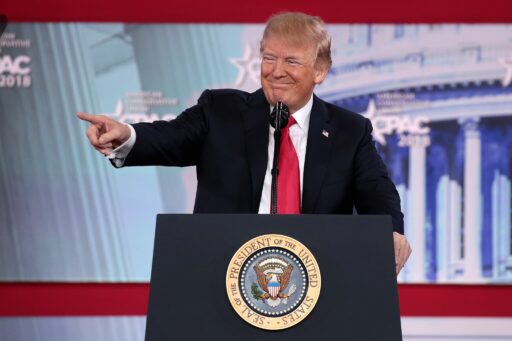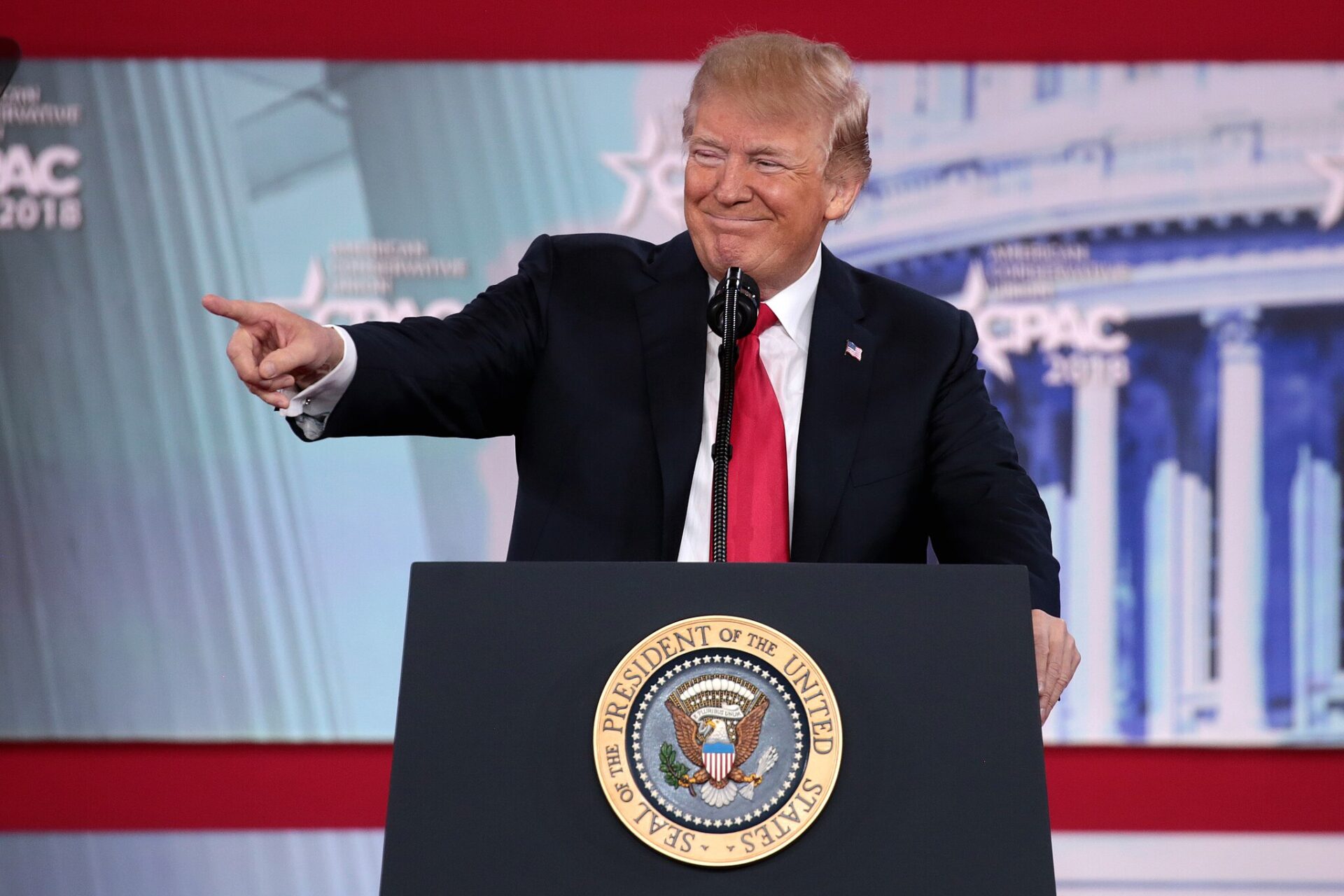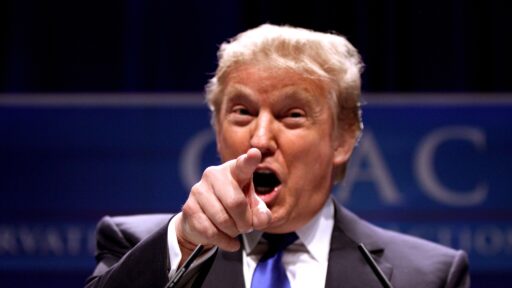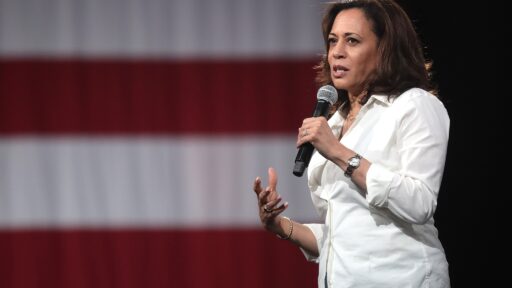Can Kamala do this?
Former President Donald Trump recently unveiled bold economic proposals aimed at revitalizing the American auto industry and providing financial relief to American citizens living abroad. Speaking to an enthusiastic crowd at the Detroit Economic Club, Trump pledged to make the interest on car loans fully tax-deductible during his anticipated second term. This move, he asserted, would boost domestic auto production and significantly lower car ownership costs for millions of hardworking families across the nation.
In addition to this proposal, Trump emphasized his commitment to eliminating the double taxation burden that American citizens living overseas currently face. These individuals must often file tax returns with the IRS while simultaneously paying taxes in their host countries, a situation that can lead to financial strain. Trump declared, “I will put an end to double taxation for our overseas citizens. You’ve been asking for this for years, and I will deliver.”
Moreover, Trump’s economic agenda includes reducing the corporate tax rate to 15% for U.S. manufacturers and offering expanded Research and Development tax credits. He proposed that U.S.-based companies should be able to write off 100% of the cost of heavy machinery in the first year, promoting investment and job creation within the country.
Critics have voiced concerns over the potential long-term implications of these policies. Some economists argue that while incentivizing car loan interest deductions could drive consumer demand, it might also lead to increased car prices and higher consumer debt. Additionally, they warn that such measures could exacerbate the federal budget deficit, raising questions about fiscal responsibility.
Others suggest that Trump’s proposals, along with those from competing candidates, could complicate the tax code rather than simplify it. Many believe the focus should be on broad tax reform that simplifies the system and lowers rates, echoing successful strategies from previous administrations.
Ultimately, Trump’s initiatives resonate with a Republican base eager for economic growth and support for American industries. By emphasizing tax relief and investment in domestic manufacturing, he aims to position himself as a champion of both the American worker and the economy as a whole.







